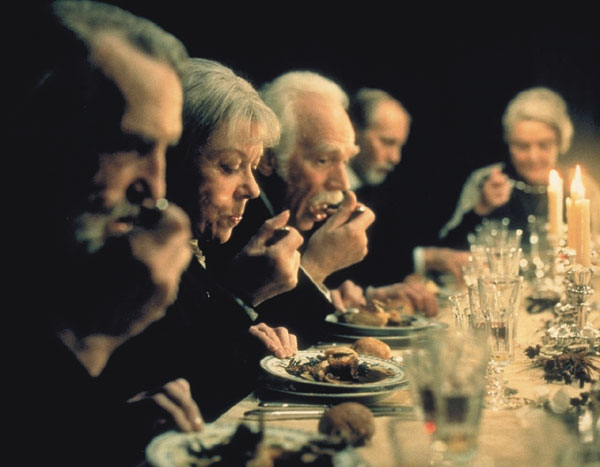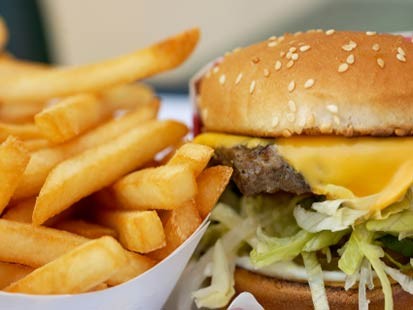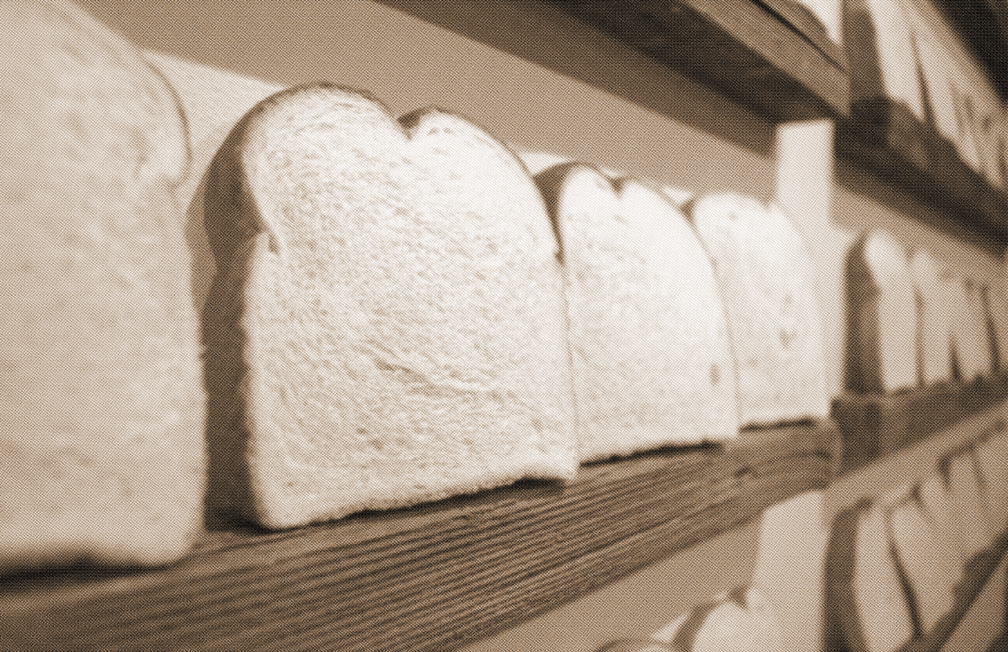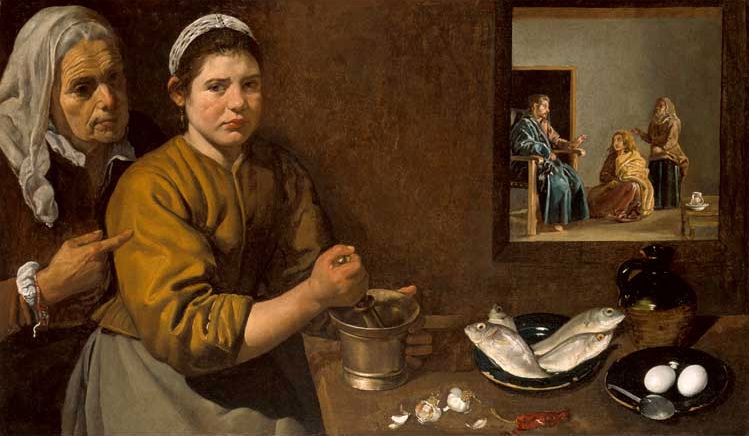Killing Whitey and Other Jive Turkeys: Thanksgiving with NOFX
Below is an article originally published in Christian Ethics Today, The Mennonite, and Third Way Allegiance. It’s, obviously, that damn good. (Ah, hello machismo. I knew you hadn’t strayed far.) It has had different titles for each publication with each publisher changing my original and more polemical–and slightly in jest–title, “Why Christianity Must Kill the White Man.” Seriously. It […]






